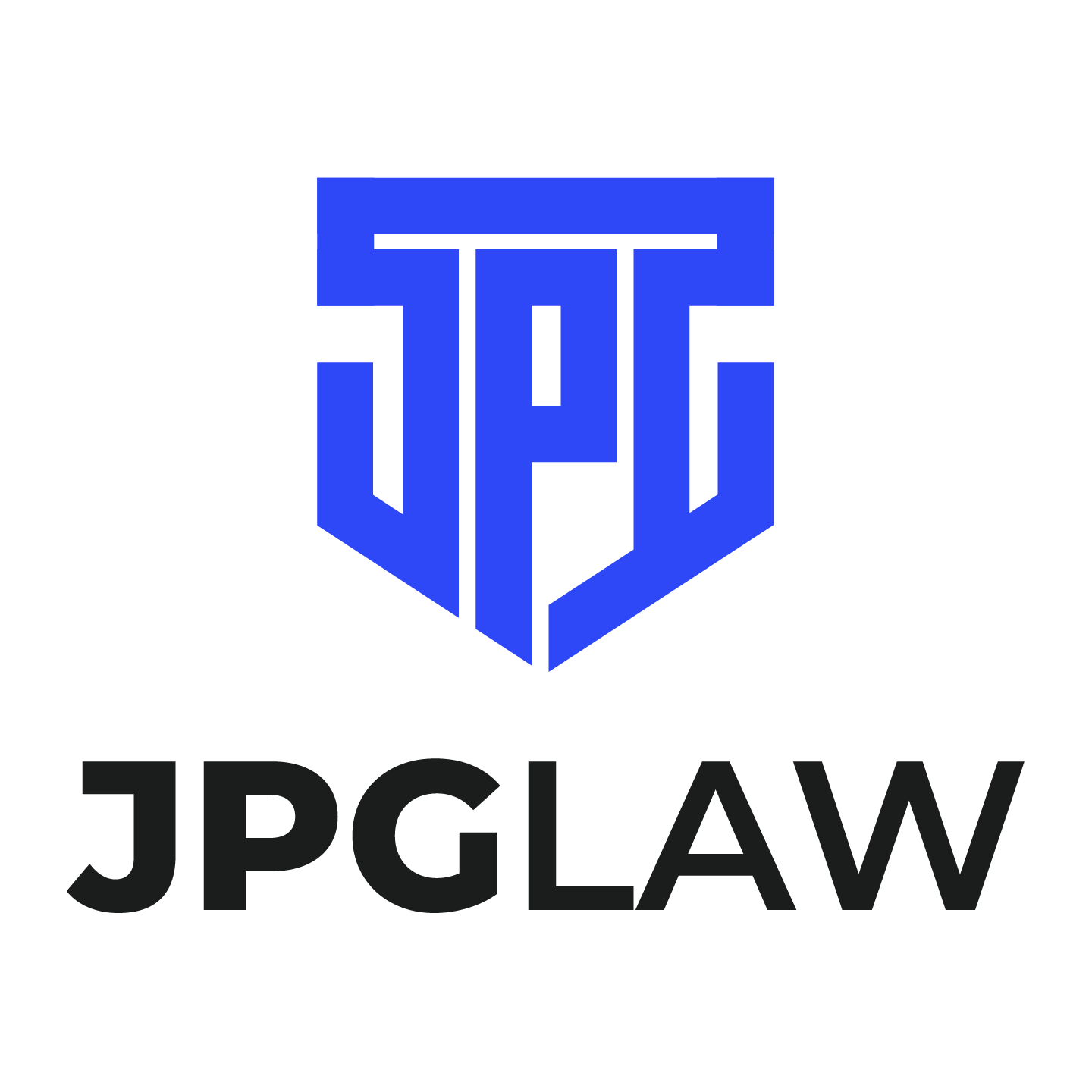A financial power of attorney is a legal document that grants someone the authority to handle financial and legal matters on behalf of another person, known as the principal. The person appointed to act on behalf of the principal is called the agent or attorney-in-fact.
The financial power of attorney allows the agent to make various financial decisions and transactions, such as managing bank accounts, paying bills, filing taxes, buying or selling assets, and making investments. The specific powers granted to the agent can be tailored to the principal’s needs and can be limited or broad, depending on the principal’s preferences.
The financial power of attorney can be beneficial for various individuals in different circumstances. Here are some examples:
- Elderly individuals: Aging individuals who may face physical or cognitive limitations can benefit from a financial power of attorney. It ensures that their financial affairs are properly managed and allows them to designate a trusted person to make financial decisions on their behalf.
- Individuals with disabilities: People with physical or mental disabilities who are unable to manage their financial matters independently can benefit from a financial power of attorney. It provides them with assistance and ensures their financial interests are protected.
- Business owners: Business owners who may be unavailable or unable to manage their financial affairs due to other commitments or health issues can use a financial power of attorney to appoint someone to handle their business transactions and financial obligations.
- Individuals facing temporary incapacity: In situations where an individual faces a temporary incapacity due to illness, injury, or travel, a financial power of attorney can be utilized to authorize someone to manage their finances until they regain capacity.
- Individuals seeking convenience: Even individuals who are not facing any specific challenges can benefit from a financial power of attorney. It can provide convenience and flexibility by allowing an agent to handle financial matters on their behalf, particularly in situations where they may be unavailable or prefer to delegate such responsibilities.
It’s important to note that the specific laws and requirements for financial powers of attorney may vary depending on the jurisdiction. It’s advisable to consult with a legal professional, such as the estate planning attorneys at JPG Law, LLC, to understand the specific laws applicable in your region and to draft a power of attorney that meets your needs and preferences.
Healthcare Directive/Living Will
A healthcare directive, also known as a healthcare power of attorney or a healthcare proxy, is a legal document that allows an individual, known as the principal, to appoint someone to make healthcare decisions on their behalf in the event they become unable to do so. This appointed person is called a healthcare agent or healthcare proxy.
A healthcare directive typically includes instructions regarding the principal’s medical treatment preferences, end-of-life care, and organ donation wishes. It empowers the healthcare agent to communicate with healthcare providers, access medical records, and make decisions regarding medical treatments and interventions based on the principal’s expressed wishes or best interests.
Individuals who can benefit from having a healthcare directive:
- Anyone over the age of 18: It is generally recommended for all adults to have a healthcare directive, regardless of their age or current health status. Unexpected accidents or illnesses can occur at any time, and having a designated healthcare agent ensures that someone trusted is authorized to make decisions on their behalf.
- Individuals with chronic illnesses or disabilities: Those with chronic illnesses or disabilities that may affect their decision-making capacity can benefit from a healthcare directive. It allows them to outline their treatment preferences and ensure their wishes are respected, even if they are unable to communicate or make decisions at a later stage.
- Elderly individuals: As people age, their health may decline, and they may face decisions regarding life-sustaining treatments or end-of-life care. A healthcare directive allows them to appoint a trusted person to make healthcare decisions aligned with their values and wishes.
- Individuals with specific healthcare concerns: Individuals with specific healthcare concerns, such as allergies, religious or cultural beliefs, or strong personal preferences regarding certain medical treatments, can benefit from a healthcare directive. It allows them to clearly express their wishes and ensure that their healthcare agent is aware of and can advocate for those preferences.
- Individuals without close family members: For individuals who do not have close family members or those who do not wish to burden their family with difficult healthcare decisions, a healthcare directive can be particularly valuable. It allows them to appoint a trusted friend, partner, or professional as their healthcare agent to make decisions on their behalf.
It’s crucial to consult with a legal professional, such as the attorneys at JPG Law, LLC, to understand the specific requirements and laws related to healthcare directives in your jurisdiction. We can assist you in creating a healthcare directive that reflects your preferences and ensures your healthcare decisions are handled according to your wishes.
